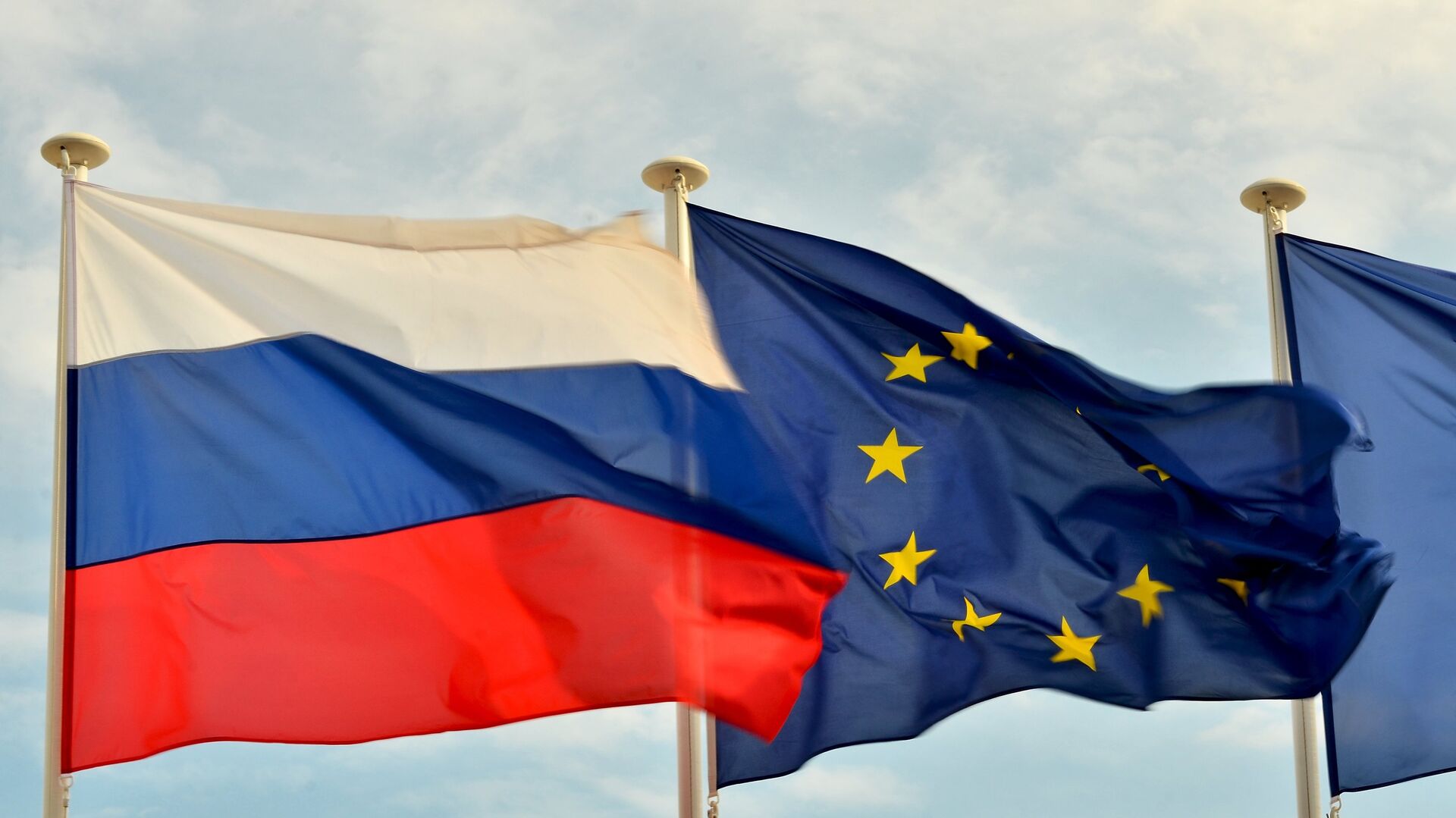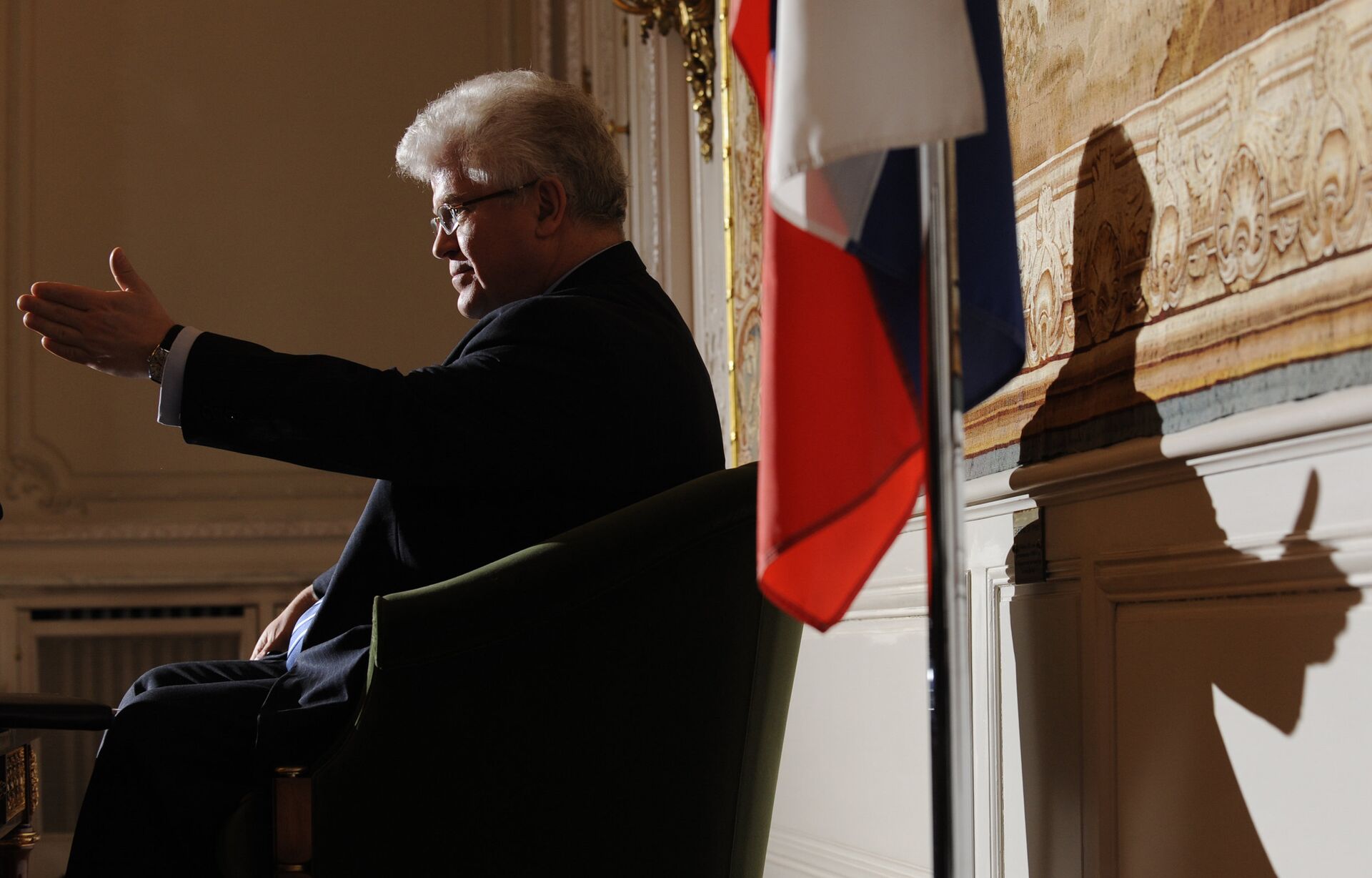"Once again, I say that we are ready for dialogue with the European Union; Russia is known to have never closed doors [for negotiations] ... When will the European Union become ready for the revival of dialogue with Russia? Honestly speaking, I do not know", Chizhov said.
He noted that Moscow is ready for former formats of cooperation with Brussels, but may also consider new ones, stressing that the sides should base on "mutual respect equality and the joint responsibility for the future of our continent".
"We are ready for resuming the formats of cooperation we had before the current crisis. At the same time, we do not speak about the automatic revival of the whole dialogue architecture, which existed in the past. It is necessary to jointly assess new forms of cooperation in a creative way, if necessary," the diplomat stated.
According to Chizhov, however, the union's current doctrine shaping relations with Moscow has no consideration for the common interests of Russia and the EU.
"What we read in the official statements of the recent EU Council Summit demonstrates that the EU is still committed to the notorious 'five principles' in relations with Russia. Today, they are obviously not in line with the mutual interest and do not take into account the current developments", the envoy said.
Ties between Moscow and the EU states have been deteriorating since 2014, when a violent coup in Kiev sparked a civil war in Ukraine.
The European Union blamed Russia for the escalation, introducing sanctions against Moscow, while the Russian side attempted to stop the war in Ukraine. Moscow stepped forward as a guarantor of the Minsk agreements - an accord stipulating a ceasefire between Kiev and the self-proclaimed republics that are seeking independence from Ukraine.
However, Kiev has failed to implement the agreement over the past years, continuing the escalation.
In 2016, EU foreign ministers agreed on five key principles of building further relations with Russia: full implementation of the Minsk agreements; closer ties with Russia's former Soviet neighbors; strengthening EU resilience to Russian threats; selective engagement with Russia on certain issues such as counter-terrorism; and support for people-to-people contacts.



